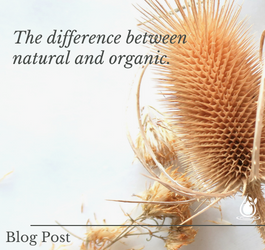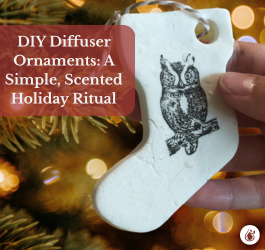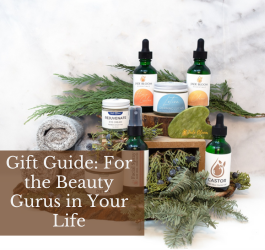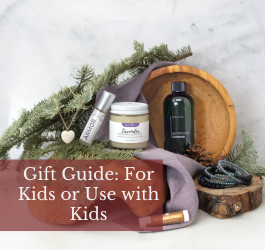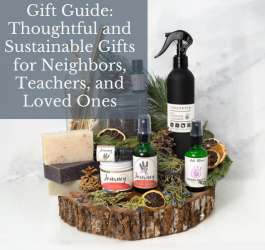Buzzwords used with Natural Products
It can be overwhelming when trying to find skincare products that are actually good for our bodies. Labels such as “natural” or “organic” can be misinterpreted or confusing. To help you select the best skincare products, we have come up with a guide to help you understand what the fundamental difference is between “natural” and “organic”.
What Does Organic Really Mean?
Organic is a popular term that you might find in grocery stores and cosmetic lines, and has become a buzzword that can be misused for profit. What does it mean when a skincare product claims that it is “organic”? Although the FDA does not have an official definition of the word organic, consumers assume that it means that a product is grown and sourced without chemicals, pesticides, and artificial ingredients.
Organic is a broad term that is sometimes used loosely by the beauty industry. Just because a skincare product claims to be manufactured with organic components doesn't guarantee it's 100% free of artificial additives. In reality, to be able to utilize the term “organic,” a product just needs to include roughly 70% organic components. If you want to purchase skincare products crafted with 100% organic ingredients, it’s best to simply LOOK at the ingredients and ask the tough questions of the company you’re purchasing from.
Note: The requirements for essential oils to be labeled “organic” is different. Essential oils have their own set of standards which we will go over in an upcoming article. Subscribe to our Newsletter so you can learn about this when we cover it in the future!
USDA Certified Organic and Certified 100% Organic
Getting a USDA-certified organic seal is a long and costly process. Companies fill out an application and are evaluated by a USDA-accredited certifying agent. After the agent verifies that the production and product meet the correct standards and the company attempting to obtain the seal pays a hefty fee, they will receive the USDA certified organic label. The products that have the seal contain at least 95% organic ingredients.
“Certified 100% Organic” is another seal you possibly see around– Those products meet all the same requirements, however, these products typically have a more stringent process to adhere to in terms of organic processes/in how the product is produced, and of course, all ingredients must be certified as organic.
What Does Natural Mean?
Although the word “natural” seems like it would be the same as “organic”, it is actually very different. Products labeled as “natural” have ingredients from plants and minerals. It could even mean it is made with coconut oil like in our all-natural grapefruit and coriander conditioner. All-natural products are not made with GMOs and do not contain parabens or sulfates. Unlike the term “organic”, “natural” is not a regulated term.
Examine the list of ingredients on a natural product and when reading the ingredient label, keep in mind that the ingredients are according to their percentage in the overall product. Percentages are written from highest to lowest. Try to find products that have the first few ingredients sourced from nature if you’re in a position where “organic” is not available.
Clean and Non-Toxic
“Clean” and “non-toxic” are terms that are sometimes used interchangeably. Frequently, products with these terms on their package will identify the dangerous substances they do not contain. Synthetic compounds are used in most clean and non-toxic goods, but these ingredients are tested to ensure that they are safe, or to discern if they are safe in some settings, but not safe in others.
Wildcrafted
The name "wildcraft" conjures up images of a lovely herb and food garden. However, wildcrafted products take things one step further. These ingredients are sourced directly from nature without any human intervention.
“Wildcrafted” is a term that applies to oils and products used to make skincare products. It can be confusing because the term wildcrafting is more generally used for sourcing plants for essential oils which are a component of skin care products.
A product must adhere to a few rules in order to be considered wildcrafted. Harvesting from immature plants is prohibited, as is collecting more than 15% of the plant in a given region. These plants must flourish in an environment free of environmental contaminants. Wildcrafted products are much harder to find than those with an organic label. However, if you do come across wildcrafted products, you know that they are made as close to nature as possible.
If you are searching for natural and organic products, consider browsing our vast selection of natural skincare products. Our products are handmade in small batches and minimally processed. We want to ensure that you find quality products at an affordable price.


